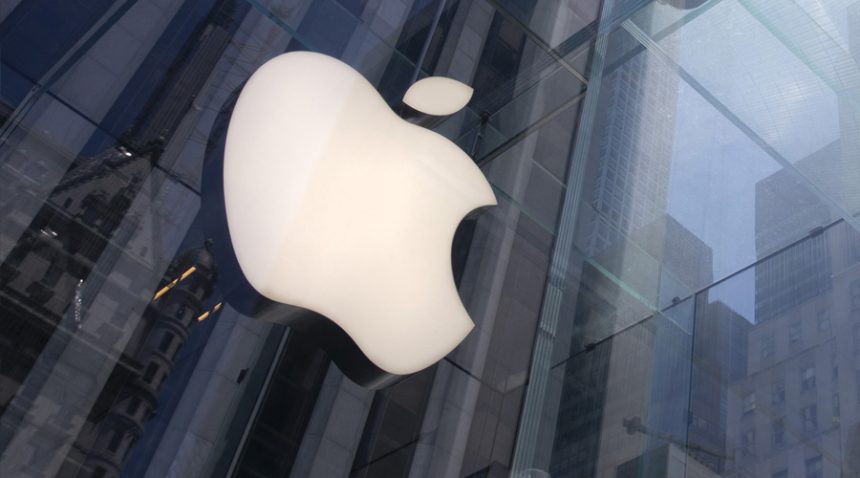Will Apple bounce back with enhanced AI and innovation in 2025
In 2024, Apple experienced a notable decline in iPhone sales, a trend influenced by various factors, including the rollout of artificial intelligence (AI) features. This article delves into the specifics of this decline, the impact of AI integration, and the broader implications for Apple’s market position.
Decline in iPhone Sales
Apple’s global iPhone sales declined by approximately 5% during the fourth quarter of 2024. This downturn was particularly pronounced in China, where shipments fell by 17%, marking the company’s largest annual sales decline in the region since 2016. This significant drop led to Apple losing its top position in the Chinese smartphone market, falling to third place behind local competitors Vivo and Huawei.
Introduction of AI Features
In an effort to rejuvenate iPhone sales, Apple introduced “Apple Intelligence,” a suite of AI-powered features designed to enhance user experience. These features included advanced machine learning capabilities, on-device processing for improved privacy, and integration with various applications to provide personalized assistance. The AI functionalities were expected to serve as a catalyst for consumers to upgrade to the latest iPhone models.
Impact of AI Rollout on Sales
Despite the strategic introduction of Apple Intelligence, the anticipated boost in iPhone sales did not materialize as expected. Analysts observed that the new AI features failed to significantly drive consumer demand or encourage early upgrades. This outcome suggests that while AI capabilities are a valuable addition, they were insufficient to counteract the broader market challenges Apple faced during this period.
Challenges in the Chinese Market
Several factors contributed to Apple’s declining performance in China:
Local Competition: Chinese manufacturers like Huawei and Vivo gained substantial market share by offering innovative features tailored to local consumer preferences. Huawei’s resurgence, particularly in the premium segment, was bolstered by the use of domestically produced chipsets and advanced AI capabilities, areas where Apple lagged.
Product Differentiation: The increasing popularity of foldable phones and Android innovations from brands such as Xiaomi and Vivo appealed to Chinese consumers seeking cutting-edge technology, further diminishing Apple’s competitive edge.
Global Market Dynamics
The decline in iPhone sales was not confined to China. Globally, Apple’s market share slipped from 19% in 2023 to 18% in 2024, with a 2% decrease in iPhone sales for the full year. This occurred despite the overall global smartphone market experiencing growth during the same period. The tepid response to the iPhone 16 series, partly due to the delayed availability of Apple Intelligence, contributed to this downward trend.
Stock Market Implications
The decline in iPhone sales had a direct impact on Apple’s stock performance. Reports of underwhelming iPhone demand and critical remarks from industry leaders contributed to a decrease in Apple’s stock value. For instance, Meta Platforms CEO Mark Zuckerberg criticized Apple for a perceived lack of innovation and high pricing, remarks that coincided with a 1% drop in Apple’s shares. Additionally, Apple’s stock fell below its 50-day moving average, signaling potential concerns among investors.
Future Outlook
Looking ahead, Apple’s ability to rebound from this decline will depend on several strategic initiatives:
Enhanced AI Integration: To regain its competitive edge, Apple may need to accelerate the development and deployment of AI features that resonate with consumer needs and preferences. Ensuring that these features are not only innovative but also practical could drive future sales.
Product Innovation: Exploring new form factors, such as foldable devices, and incorporating cutting-edge technologies could help Apple attract consumers seeking the latest advancements in smartphone technology.
Market Adaptation: Tailoring products to meet the specific demands of key markets, particularly in regions like China, will be crucial. This includes understanding local consumer behavior and preferences to offer products that align with market expectations.
The decline in Apple’s iPhone sales during 2024 underscores the challenges the company faces in a rapidly evolving and competitive smartphone market. While the introduction of AI features through Apple Intelligence was a strategic move to enhance product appeal, it did not yield the expected increase in sales. This situation highlights the necessity for continuous innovation, market adaptability, and a deep understanding of consumer preferences to maintain and grow market share in the dynamic tech industry.






